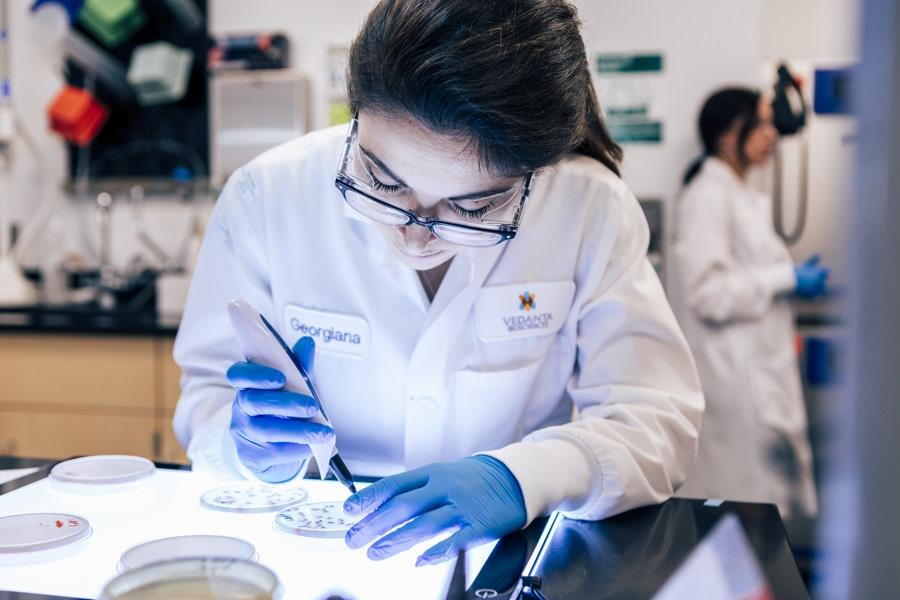Vedanta scores $106.5m to take microbiome drug into ph3

In the face of a challenging biotech financing environment, Vedanta Bio has raised an impressive $106.5 million in a financing that will be used to take its lead drug for recurrent Clostridioides difficile (C. diff) infections into a pivotal trial.
The round – led by new investors AXA IM Alts and the pharma industry-supported AMR Action Fund – will allow Vedanta to press ahead with plans to start the phase 3 trial of VE303 to prevent recurrent infections in people with C. diff infections in the second quarter of this year.
VE303 is an orally-administered mix of live bacterial strains that is designed to repopulate the lower gastrointestinal tract and out-compete C. diff, reducing and hopefully eradicating the infection, which causes around 500,000 illnesses and between 15,000 and 30,000 deaths annually in the US.
The standardised formulation is being positioned as a safer, more consistent alternative to faecal transplants, which involve taking stool from a healthy donor and putting it in the colon of a person infected with C. diff.
In a phase 2 study published in the Journal of the American Medical Association (JAMA) earlier this year, a high-dose course of VE303 was associated with a C. diff recurrence rate of 14% after eight weeks, compared to 37% for a low-dose group and 45.5% for placebo.
Vedanta claims that the phase 3 trial will be the first for a microbiome therapeutic candidate based on a defined bacterial consortium. It’s not the first company to take a microbiome therapy for C. diff into late-stage development, however.
Ferring Pharma kicked off a late-stage study of its RBX2660 candidate in 2020, eventually claiming FDA approval for the enema-delivered live faecal microbiota therapy – under the Rebyota brand name – last December.
Meanwhile, another candidate from Seres Therapeutics – orally-administered SER-109 – has been filed with the FDA and is due for a decision on 26th April. And Finch Therapeutics started dosing patients with its oral CP101 therapy last year, with top-line data due in the first half of next year.
That means Vedanta will have to come from behind to build a market for VE303, assuming it gets approved, and the company is hoping that its off-the-shelf clonal bacterial strain therapy will translate into improved efficacy and safety, as well as easier manufacturing, compared to rivals relying on donor bacterial strains.
In addition to the phase 3 trial of VE303, the cash injection will also allow Vedanta to run a phase 2 proof-of-concept study of VE202, another microbiome-based therapy for ulcerative colitis.
“Our phase 2 clinical data and this new funding enable us to continue advancing the microbiome field beyond products made from faecal donations, and towards pharmaceutical-grade, defined medicines,” said the company’s chief executive, Bernat Olle.













